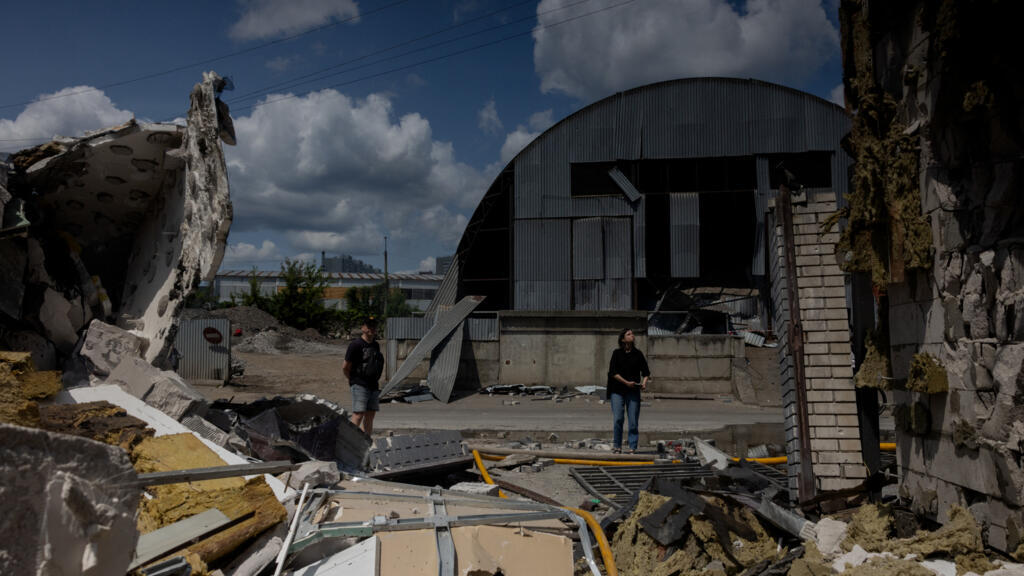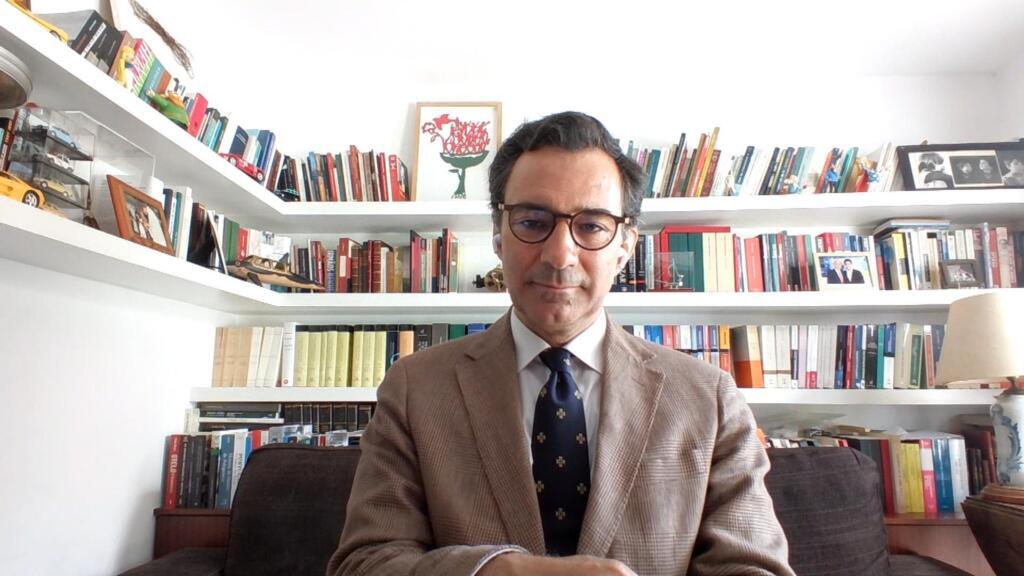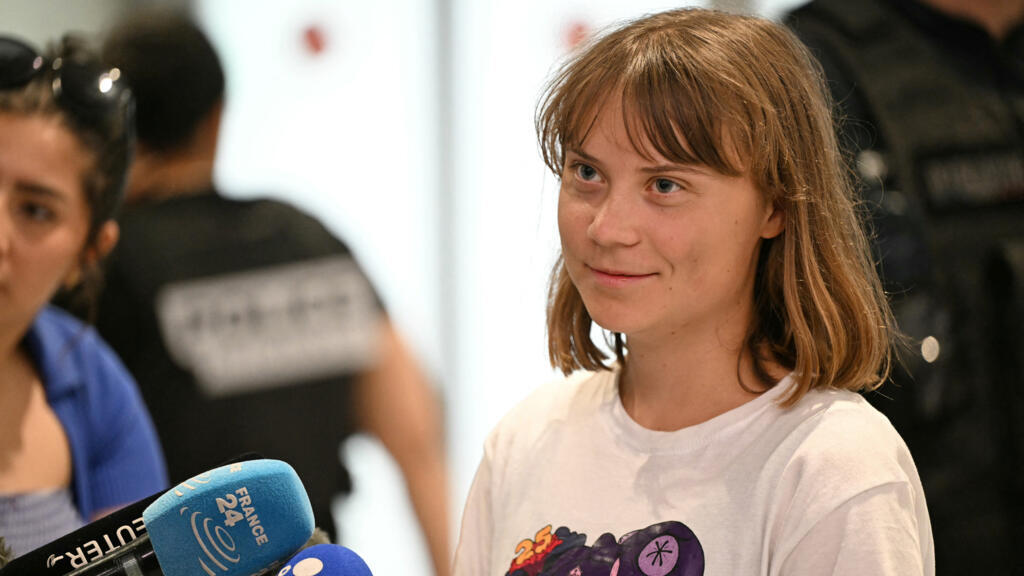Following a series of prisoner exchanges between Russia and Ukraine, hostilities resumed with intensity. On early Wednesday, Russian military operations in Kharkiv resulted in the tragic loss of two lives and left an additional 54 individuals injured. The continual violence underscores the devastating impact of the ongoing conflict between the two nations, as civilian casualties remain a significant concern.
In the wake of these attacks, Ukrainian officials have once again called upon their Western allies to take decisive action. The pleas from Kyiv emphasize the urgency and necessity for tangible support, as Ukraine grapples with the intensified offensive from Russian forces. This escalation of military activity highlights the critical situation on the ground and the fears of further casualties among Ukrainian civilians.
Russia's latest offensive in Kharkiv is reflective of a broader strategy to exert pressure on Ukraine, aiming to disrupt stability and instill fear among the population. The city itself has been a focal point of conflict, experiencing multiple incidences of bombardment and military incursions since the onset of the war. The latest casualties and injuries are yet another grim reminder of the ongoing struggle affecting everyday lives in the region.
As the conflict rages on, the dynamics of international relations become increasingly complex. Ukraine's call for "concrete action" from allies such as NATO and the European Union stresses the need for material support, including military equipment, financial aid, and other resources necessary to bolster Ukraine’s defensive capabilities. Ukrainian authorities are aware that the response from the West could play a crucial role in determining the outcome of their resistance against the Russian offensive.
The continuous cycle of violence and diplomatic efforts shows the intricate balance between military engagement and the search for a resolution. While prisoner swaps may indicate some level of negotiation, the underlying hostilities suggest that peace remains elusive. The international community is closely monitoring the situation, weighing the implications of Russia's actions and Ukraine's responses on regional stability.
In conclusion, the situation in Kharkiv is emblematic of the broader conflict between Russia and Ukraine. The recent attacks and the subsequent call for action from Ukraine highlight the dire need for support from international allies, reflecting the ongoing struggle for sovereignty and peace in the region. As the military actions continue, the hope for a diplomatic solution seems increasingly distant, underscoring the complexities of war and its profound human costs.












